Dune director Denis Villeneuve is undeniably the 21st century’s king of sci-fi
When it comes to sci-fi movies that are both thrilling and smart, and excel in building out strange worlds, Denis Villeneuve is a class above all.
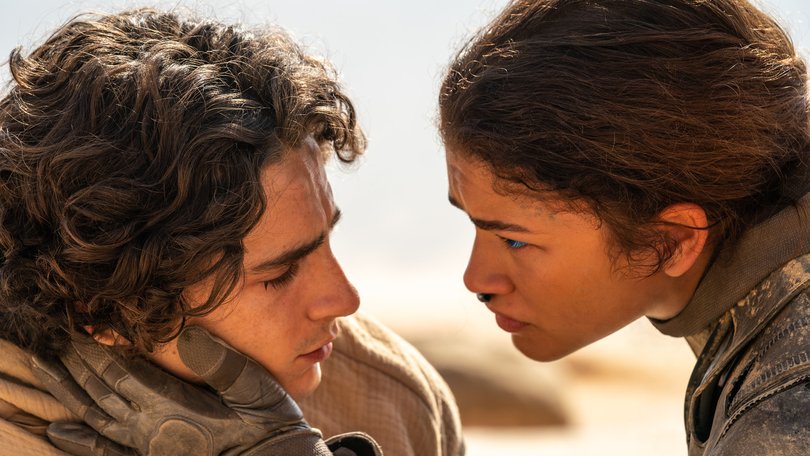
When French-Canadian filmmaker Denis Villeneuve was scouting locations for his 2010 film Incendies in Jordan, he came across these incredible landscapes that he knew wasn’t quite right for the movie he was trying to make.
“But I remember at the time in 2009, as I was scouting, I was saying to myself, ‘OK, this part of the desert is not good for Incendies, but it’ll be awesome for a sci-fi movie like Dune’,” he told The Nightly.
Fifteen years ago, Villeneuve didn’t dare expect he would adapt Frank Herbert’s iconic novel, Dune, or that the two films would be so commercially and critically successful. He filed the information in the back of his mind.
Sign up to The Nightly's newsletters.
Get the first look at the digital newspaper, curated daily stories and breaking headlines delivered to your inbox.
By continuing you agree to our Terms and Privacy Policy.Years later, he returned to Jordan with many of the same crew members he worked with on Incendies and when he mentioned those locations he saw in 2009, they remembered. That place was Villeneuve’s vision of the south of Arrakis, the unforgiving desert planet in Herbert’s stories.
“There was a specific desert with those black rocks, shiny rocks, lava rocks, that when they’re back-lit, they become absolute black. I knew we had found some in the eastern part of the country, near the Iraqi border.
“It was nice to revisit those sets with the knowledge that Jordan is very close to what Frank Herbert envisioned when he wrote the book because he was inspired by the stories of T.E. Lawrence in the Seven Pillars of Wisdom.”
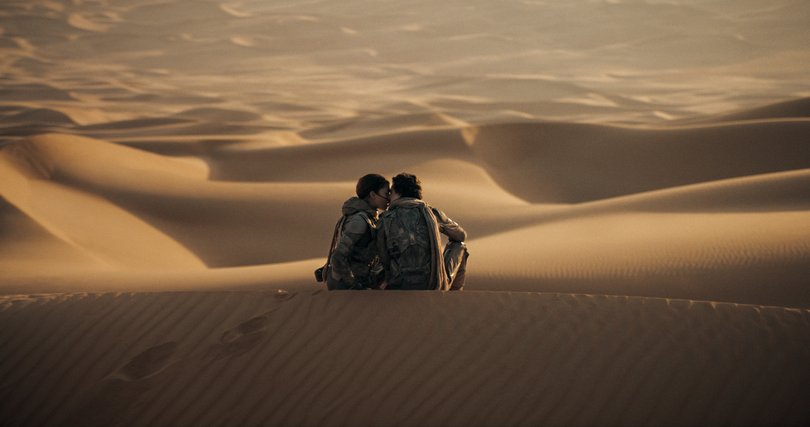
Herbert’s book really imprinted on a young Villeneuve, growing up in Quebec - the story of a teenager, Paul Atreides, and his larger-than-life adventures battling sandworms, the burden of his lineage, a prophecy that either exults or dooms him, and a rival clan who murdered his formidable family.
Now, at 57, Villeneuve is the shepherd of Herbert’s legacy on screen. It was never a sure bet. It was a book that was notoriously “unadaptable” and David Lynch’s strange effort in 1984 only entrenched that view.
But Villeneuve, with two very well-received sci-fi films under his belt with Arrival and Blade Runner 2049, convinced enough people to get the greenlight.
When the first Dune was released, everyone breathed a sigh of relief – audiences and Herbert fans because Villeneuve had brought to life a thrilling yet meditative epic that captured the complex world-building of the novel, and so did Villeneuve and the studio because it was making money.
The filmmaker got the go-ahead to proceed with part two, which would take in the second half of Herbert’s book.
Villeneuve is, he admits, a tough critic of his own work, and he knew there were things he wanted to do on the second film that would be a step up from the first.
“I tried to improve myself between both movies, and I think part two is a step forward, I think part two is a better movie than part one, I believe that in my heart. I’m not saying it’s a perfect movie, but I felt I improved myself.”
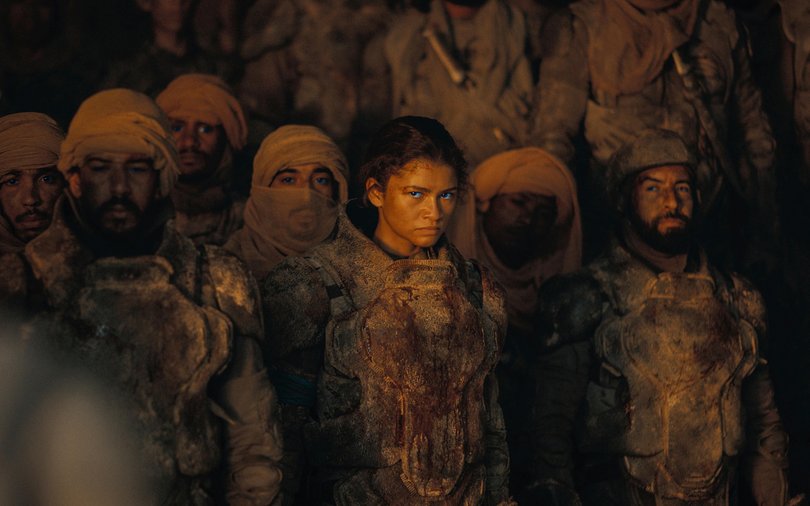
That idea of always moving forward is important to Villeneuve and he sees the beauty of making mistakes as giving yourself space to do better next time or the time after that.
“I’m learning all the time, and I’m trying to be at peace with what I have done in the past, but it takes time,” he explains. “It’s a long process, and when I release a movie, there’s a part of me that is proud of what we accomplished but at the same time, knowing where I need to improve.
“I try to be my toughest critic, it’s very important for me to have my own pure relationship with the work I’ve just done, an honest relationship where I know where I failed, where I succeeded, before the (other) critics come out.”
The reflection, insight and commitment to growth are part of the reasons Villeneuve is widely regarded as one of the most significant filmmakers of the current era.
His first feature was the 1998 drama August 32nd on Earth, which he quickly followed with the 2000 film Maelstrom, and then, after a long break, Polytechnique in 2009. It was Incendies that really heralded his arrival as someone to watch.
The French and Arabic-language about twins discovering their recently deceased mother’s backstory was a wrenching and visceral drama that was nominated for an Academy Award.
Villeneuve, who tends to not rewatch his films for many years following their premiere, recently revisited Incendies when he spent two weeks with its cinematographer Andre Turpin to remaster it for a 4K release.
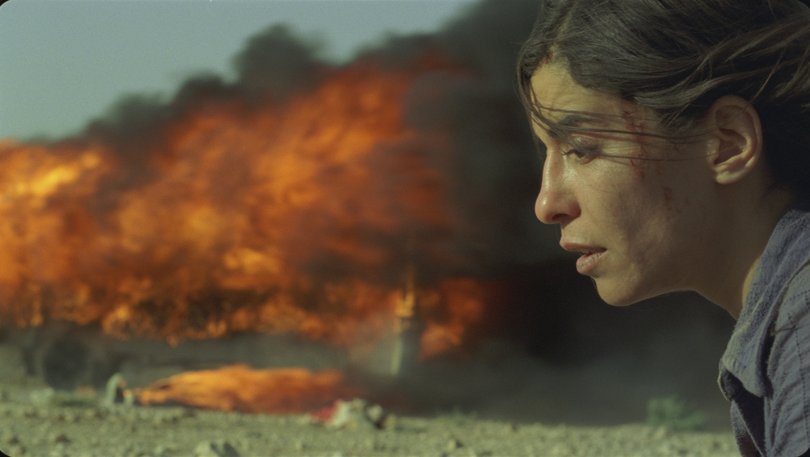
“First we had to watch the movie in 35mm and it was a very moving experience,” he recalls. “When I sat down and the lights went out, I said to myself, ‘What if we hate the movie, how did it age?’.
“All the producers were there, a lot of colleagues were in the theatre too, and at the end of the movie, we were all in tears and the movie had stood the test of time. That was very moving for us.”
Villeneuve described the process of remastering Incendies for 4K, with the distance of 15 years, as being “kind of like Christmas time because we could just enjoy working on the movie without any pressure”. He didn’t have the stress of its upcoming premiere or the uncertainly of how people would react.
After Incendies, Villeneuve made the move to working in Hollywood and, in quick succession, released Prisoners, Enemy and Sicario, all dark dramas.
His next two films, Arrival starring Amy Adams and Blade Runner 2049 with Ryan Gosling, landed him in the genre he is now known for, sci-fi. Villeneuve has a deft hand in blending the thrills and world-building of sci-fi with the emotional weight and intelligence of adult dramas.
“The thing is, I feel at home in sci-fi,” he says. “I was raised loving sci-fi as a teenager and it’s something I’m deeply in love with.
“It’s the poetry of it, the challenges of it. Right now, I feel very compelled to do sci-fi again. As a genre, it is quite vast. There are so many things that I want to explore with sci-fi and I’m not done yet. Right now, that’s where my heart is.”
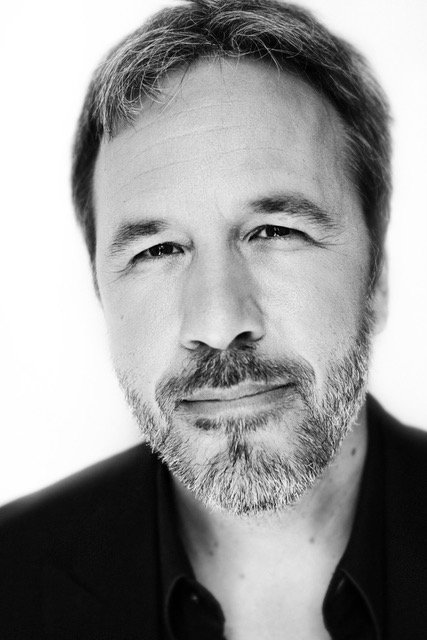
Sci-fi is a genre that Villeneuve feels can bring audiences into a cinema at a time when mid-level non-genre fare struggles to attract audiences. Although he saw Oscar contender Emilia Perez with a crowd in a theatre and absolutely loved the vibe and the experience.
On the cards is a third Dune movie, to be drawn from Herbert’s Dune Messiah, on which he is expected to reunite with his cast including Timothee Chalamet, Zendaya, Florence Pugh and Anya Taylor-Joy.
If nothing else, making Dune movies connects Villeneuve to his younger self, the one who loved going to Star Wars movies and reading Herbert.
“There’s something about creativity that is linked with childhood, and I feel that I have that connection right now with that period of my life that was very creative and very inspired by authors like Arthur C. Clark, Frank Herbert and graphic novelists from Europe.
“It’s pure joy to revisit that space. I would get out of it at one point, but right now, making Dune movies, it brings a lot of joy in my heart.”
DENIS VILLENEUVE’S KEY FILMS
INCENDIES (2010)
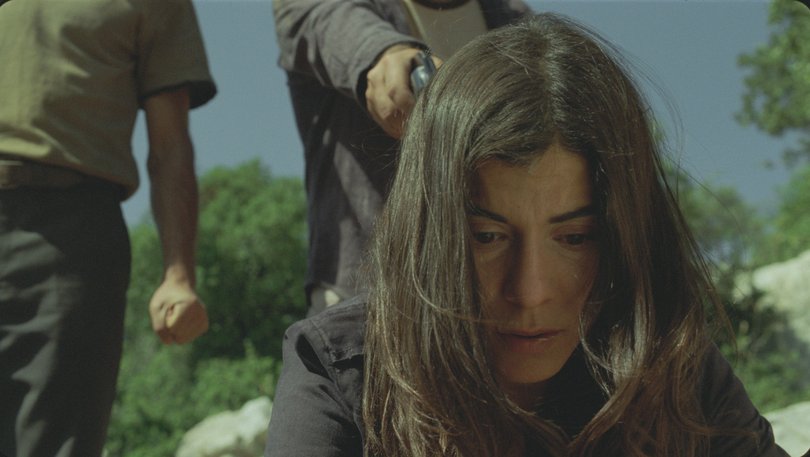
Montreal twins Jeanne (Melissa Desormeaux-Poulin) and Simon (Maxim Gaudette) visit their recently deceased mother Nawal’s (Lubna Azabal) homeland, an unnamed Arab country, after her will stipulates they must find their birth father and a brother they didn’t know existed.
On the journey, they discover their mother’s history is layered with tragedy, determination and civil war, and understanding that helps them become closer to a woman who always seemed unknowable to them.
PRISONERS (2013)
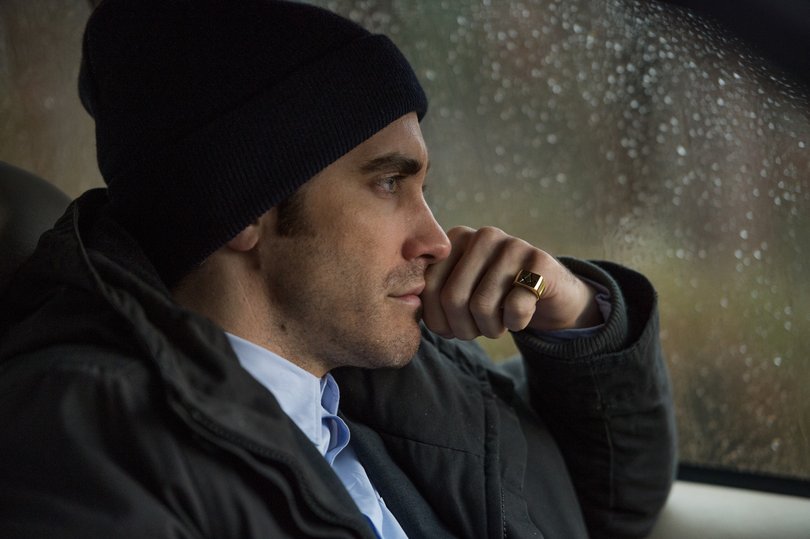
Villeneue’s first English-language movie (although he shot Enemy before it, Prisoners was released first) starred Jake Gyllenhaal as a police officer investigating the disappearance of two young girls during Thanksgiving dinner.
The families are distraught and one the fathers (Hugh Jackman) decides on vigilante justice by kidnapping a suspect who had been released by the cops. The thriller is gritty and uncomfortable and explores the horrors lurking in the suburbs.
SICARIO (2015)
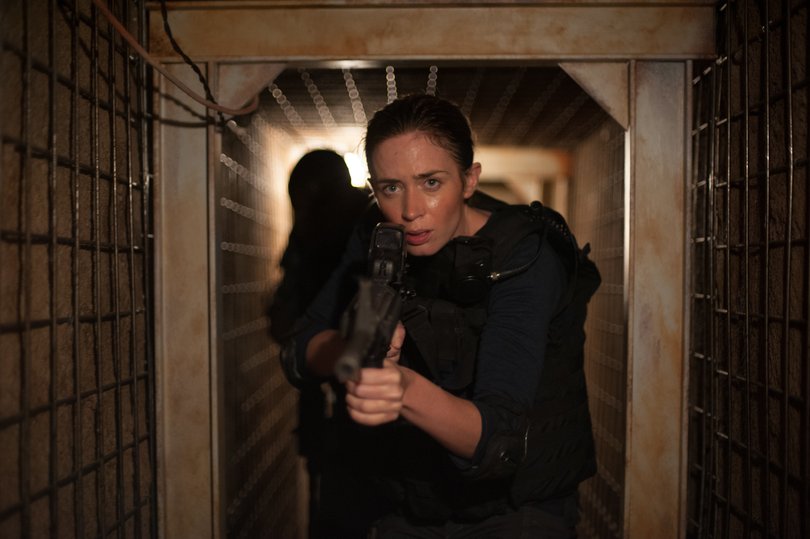
With a screenplay by Taylor Sheridan, Sicario explores one of the subjects Villeneuve is most interested in, cycles of violence and how even well-meaning people become trapped within them.
It features pulsating and disciplined performance from Emily Blunt as a FBI agent who is recruited into a taskforce ostensibly going after a Mexican drug lord but questions whether anything they do really make a difference in the so-called war on drugs.
ARRIVAL (2016)
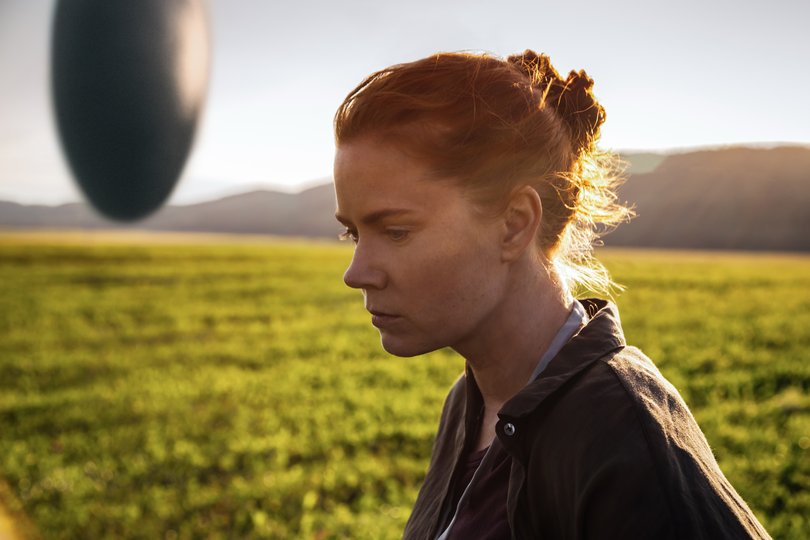
An unconventional aliens-land-on-Earth film, Arrival is more interested in time, grief and connection, it’s perhaps Amy Adams’ most impressive performance in a career full of time.
Adams plays a linguist who is brought onto to try and interpret what the amorphous aliens are trying to tell humans. It’s an incredibly moving story packed with stunning visuals and big emotions and is one of the most memorable films of this century.
BLADE RUNNER 2049 (2017)
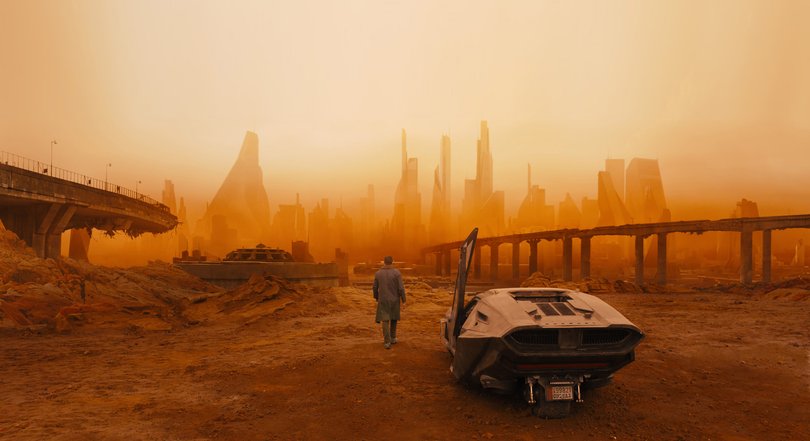
Anyone taking on a sequel to Ridley Scott’s seminal work, Blade Runner, certainly has a lot of ambition, and Villeneuve’s film more than justifies its existence. Building on the mythology of the original, its breathtaking aesthetics, patient pacing and thematic aspirations is a refinement of Scott’s film.
Ryan Gosling’s restrained performance exudes nuanced emotions while Harrison Ford’s return is a rewarding nod to the fans. It also, finally, earnt cinematographer Roger Deakins that long-overdue Oscar.
DUNE (2021) AND DUNE: PART TWO (2024)
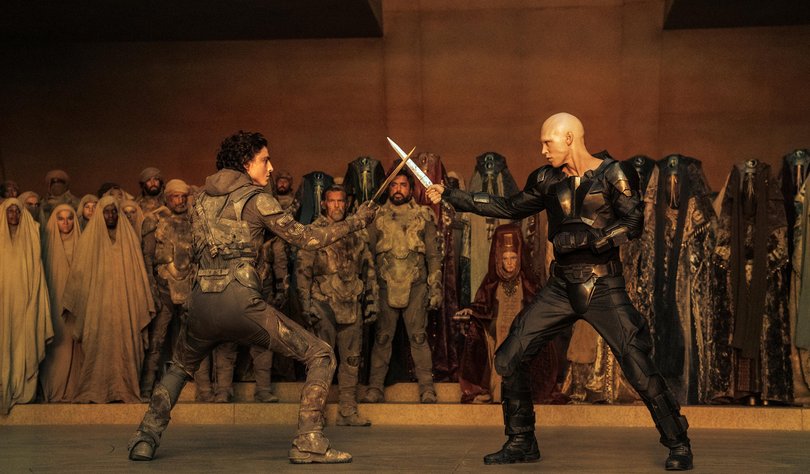
Two halves of a whole, the first Dune film was patient and meditative, marinating in the emotional upheaval of a young man while meticulously building a visual world with cathedral vibes that differ just enough from our own. The achievements in filmmaking craft earnt it six Oscars.
The second film ramped up the action, thrills and momentum while seamlessly exploring grander ideas about destiny and political manipulation while expanding the Dune universe.

